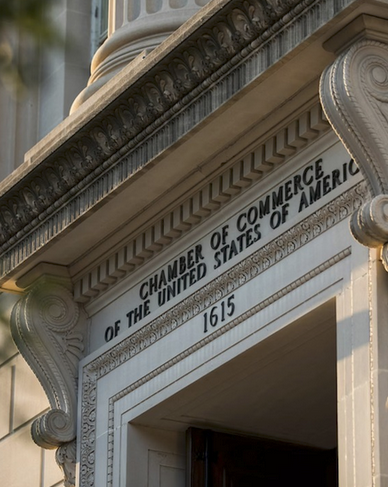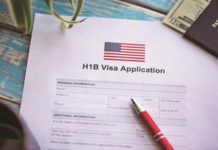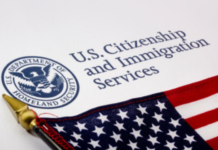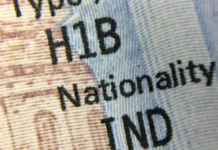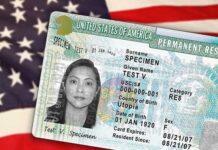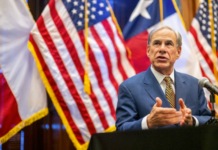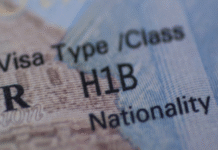Washington– The U.S. Chamber of Commerce has filed a lawsuit against the Trump administration, challenging the recently announced $100,000 H-1B visa application fee as “unlawful” and economically damaging to American businesses.
Filed Thursday in a Washington district court, the lawsuit argues that the policy would “inflict significant harm on American businesses,” forcing companies to either “dramatically increase their labor costs” or reduce hiring of highly skilled workers for whom “domestic replacements are not readily available.”
The suit calls the administration’s September 19 proclamation “plainly unlawful” and “a boon to America’s economic rivals.” It contends that while the President has authority over immigration matters, that authority “is bounded by statute and cannot directly contradict laws passed by Congress.”
Neil Bradley, Executive Vice President of the U.S. Chamber of Commerce, said the new fee would make it “cost-prohibitive for U.S. employers” to access global talent at a time when the economy “requires more workers, not fewer.”
Representing roughly 300,000 direct members and indirectly over three million businesses and professional organizations, the Chamber’s lawsuit marks the second major legal challenge to the administration’s H-1B policy this month.
Earlier, on October 3, a coalition of unions, educators, and advocacy groups—including the Justice Action Center, South Asian American Justice Collaborative, and Democracy Forward Foundation—filed a similar suit in the Northern District of California, describing the proclamation as “unprecedented, unjustified, and unlawful.”
Trump’s order, signed in September, claimed the measure would incentivize companies to “hire American workers.” Commerce Secretary Howard Lutnick defended the decision, arguing that it would deter firms from relying on foreign labor. “They have to pay the government $100,000, then pay the employee. So it’s just not economic,” he said, adding that the policy would encourage firms to train American graduates instead.
The White House later clarified that the new fee would apply only to new visa applications, not renewals or existing H-1B holders. The Department of Homeland Security subsequently proposed amending regulations to replace the current lottery-based system with a weighted process favoring “higher-skilled workers.”
India-born professionals accounted for more than 70 percent of all approved H-1B visas in 2024, a reflection of both the U.S. demand for tech talent and the backlog in visa approvals for highly skilled Indian applicants. (Source: IANS)


